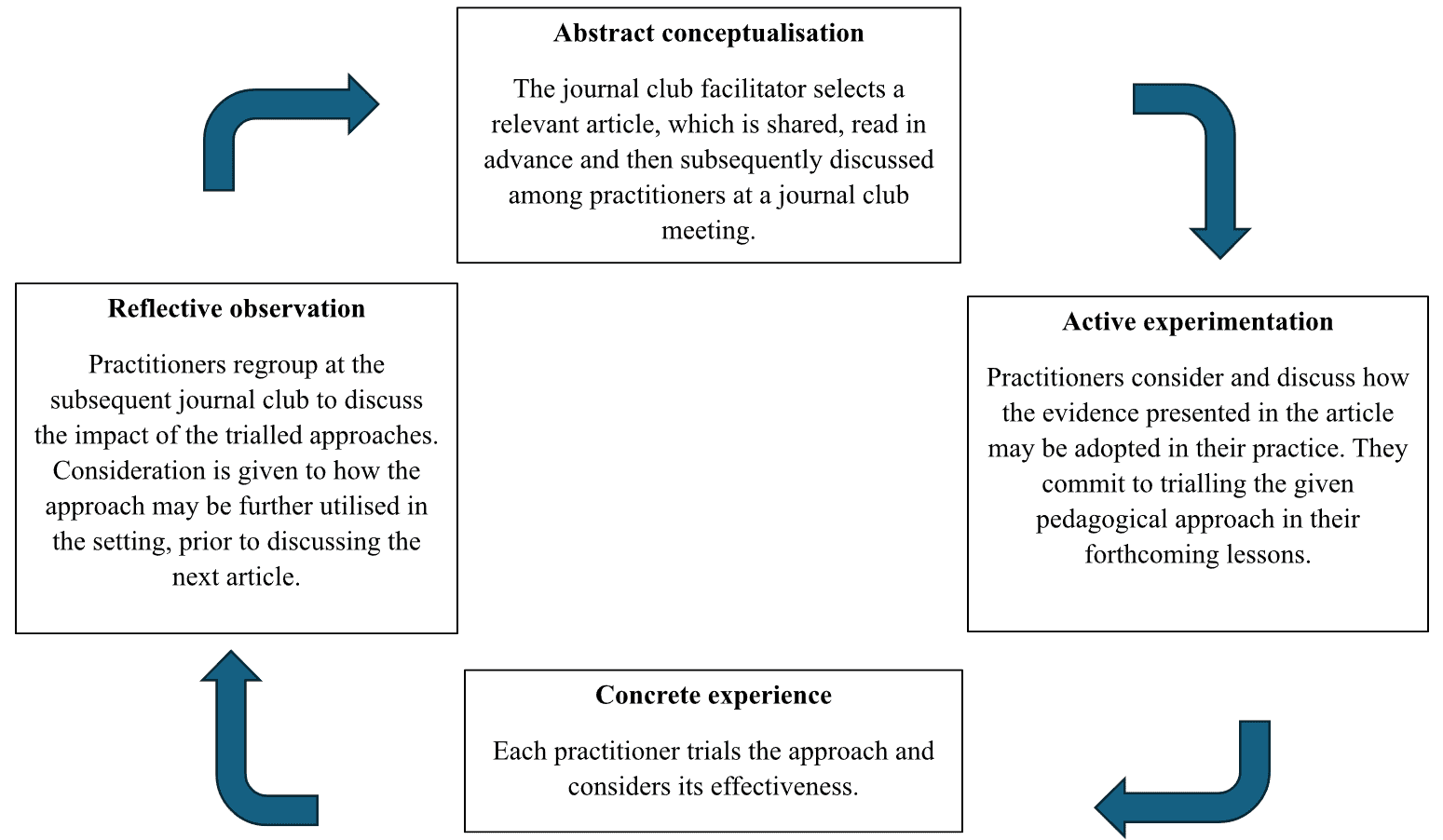Steve Murray, Trust Lead for Data Insights and Research, Trust in Learning Academies (TiLA), Bristol, UK
Practitioner effectiveness has long been recognised as a key driver of student achievement (Slater et al., 2012) and thus necessitates impactful continued professional development (CPD). Teaching assistants (TAs) often experience an inconsistent quality of CPD and lack co-planning time with teachers for informing effective classroom deployment. This may contribute to the observed variability in their impact on student outcomes (Sharples et al., 2021). Given the increasing frequency of students with SEND (special educational needs and disabilities), whom TAs often support, and the concurrent complexity of learning needs (DfEDepartment for Education - a ministerial department responsible for children’s services and education in England, 2023), the successful development of TAs is clearly of growing importance. This need is compounded by the national variability in rapidity of access to increasingly sparse specialist support for students with SEND, often resulting in exacerbated barriers to learning (DfE, 2022). In addition, despite numerous post-pandemic challenges, including budget cuts and diminished staff recruitment, schools have been required to accommodate the sustained upsurge in SEND provision. This is typically against a backdrop of insufficient training and development support for TAs, who are often key to facilitating support, intervention and catch-up for students with additional learning needs (Sharples et al., 2021). The onus is thus on schools to establish impactful methods of further enhancing the expertise of practitioners, particularly for staff working to support students with SEND.
Journal clubs as a route to more effective CPD
Journal clubs may offer a route to more effective CPD for teachers and TAs. Although more common in the healthcare sector, journal clubs have shown early promise in education for heightening engagement with evidence-informed practices and for raising awareness of advances in sector knowledge (Tallman and Feldman, 2016). They involve regular meetings, coordinated by a ‘facilitator’, for critical analysis of selected research articles and opportunities to trial and reflect on pedagogical research in classroom settings (Sims et al., 2017). In this context, there are also potential benefits for practitioner upskilling and for fostering greater teacher–TATeaching Assistant - an adult that assists the teacher in the classroom collaboration, likely leading to a more precise and higher-quality provision for students with SEND (Sharples et al., 2021).
Kolb’s experiential cycle (1983) is proposed as a framework for envisaging the process of conducting journal club sessions, to elicit evidence-informed professional experience when evaluating teaching techniques in a given educational setting (Enser and Enser, 2021) (see Figure 1). This approach perpetually blends exposure to the rationale and theoretical contexts underpinning an area of pedagogical interest with opportunities for practitioner application. In turn, the potential efficacy of a given technique for ensuring classroom adoption is considered in terms of suitability for self-development and, ultimately, as a contribution towards school improvement (Tomsett and Uttley, 2020).

Figure 1: The journal club process viewed through the lens of Kolb’s (1983) experiential cycle (adapted from Enser and Enser, 2021)
A facilitator’s insight
As part of a national research trial in collaboration with the Chartered College of Teaching and the Fair Education Alliance, six journal club sessions were held once per month at a Bristol secondary school, involving a facilitating senior leader, SENDCo (special educational needs coordinator), teacher, higher-level teaching assistantAn adult that assists a teacher in the classroom (HLTA) and six TAs.
One featured article, disseminated a fortnight in advance, focused on how students with SEND experience retrieval practice (Gear, 2022). A ‘critical appraisal tool’ (produced by the Chartered College of Teaching) was used to guide the discussion, regarding the extent to which the methodology was robust, what the main findings were and whether the conclusions were representative of the study (abstract conceptualisation), for example. The issue of ‘low-stakes retrieval’ paradoxically being perceived as ‘high-stakes testing’ by some students with SEND was a focus of discussion, followed by potential techniques for alleviating this anxiety (active experimentation). In addition to explicit in-class acknowledgement of low-stakes retrieval being used for recall and formative purposes, rather than formal assessment, journal club participants also agreed to trial extending wait times during questioning (to at least three seconds). This would provide additional cognitive processing time and potentially reduce questioning-induced apprehension (Rowe, 1986; Gear, 2022). The approach was trialled by staff in lessons over the preceding month at varying scales, from the whole class through to working with individual students (according to role; concrete experience), reflected upon by practitioners and then reported at the next meeting. Journal club participants generally agreed that reminders issued regarding the low-stakes nature of retrieval practice were observed to be of value for students with SEND in reducing questioning-induced anxiety, and that prolonged wait times helped to produce a greater quantity of accurate and extended responses (a likely product of additional cognitive processing time; Rowe, 1986). Strategic consideration was subsequently given to how these simple adaptations may be reinforced within the SEND team and the practice of staff more widely across the school (reflective observation), prior to discussion of the next journal article.
Recommendations for facilitators
The following recommendations may be useful for facilitators wishing to run a similar programme in their setting. Firstly, the selection and timely dissemination of engaging, accessible and relevant articles, aligned with the department or school development priorities, will help to ensure that the journal club fits naturally within the school CPD model. Secondly, providing sufficient time to meet, during which all involved are fully brought into the discussion, will help each participant to shape their understanding of the article and settle on a pedagogical adaptation that is of benefit to their own professional development.
The facilitator has an important role in evaluating proposed trials prior to classroom deployment, to ensure both a sound methodology and evidence-informed alignment with the findings in the discussed publication (and wider pedagogical thinking), so as not to inadvertently trigger lethal mutations (Wiliam, 2011). Finally, given the small scale and time-limited nature of a trial, when assessing impact, personal truths and context-specific observations should be anticipated as findings, rather than suggestions of novel universal truths (Tomsett and Uttley. 2020). Yet these incremental gains have the potential to enhance professional practice and sustained engagement with pedagogical research, rendering Kolb’s (1983) cyclical approach to utilising journal clubs a useful vehicle for improving professional development for teachers and TAs alike. While external specialist provision appears especially strained, this in-house approach may be particularly valuable in developing teaching practitioners to better support students with SEND.











